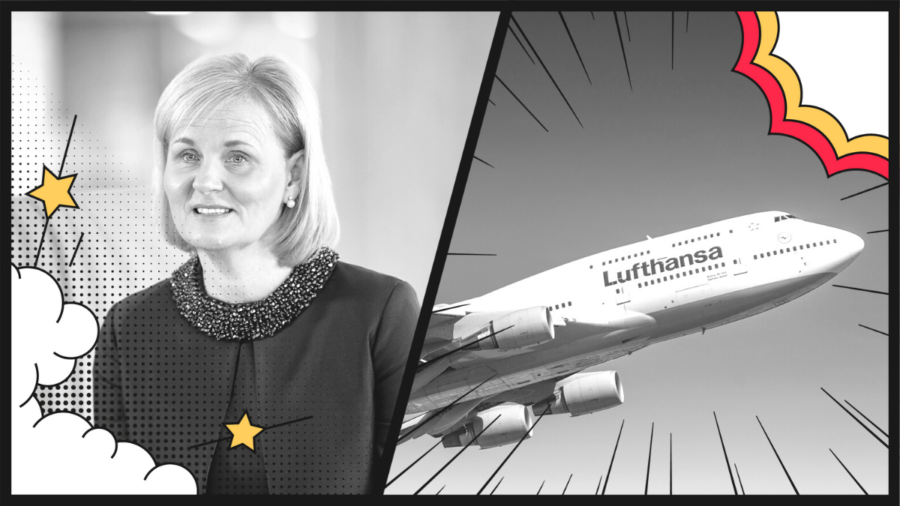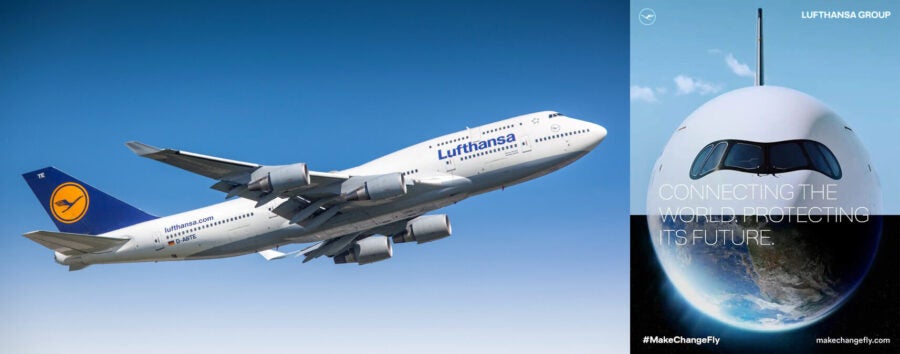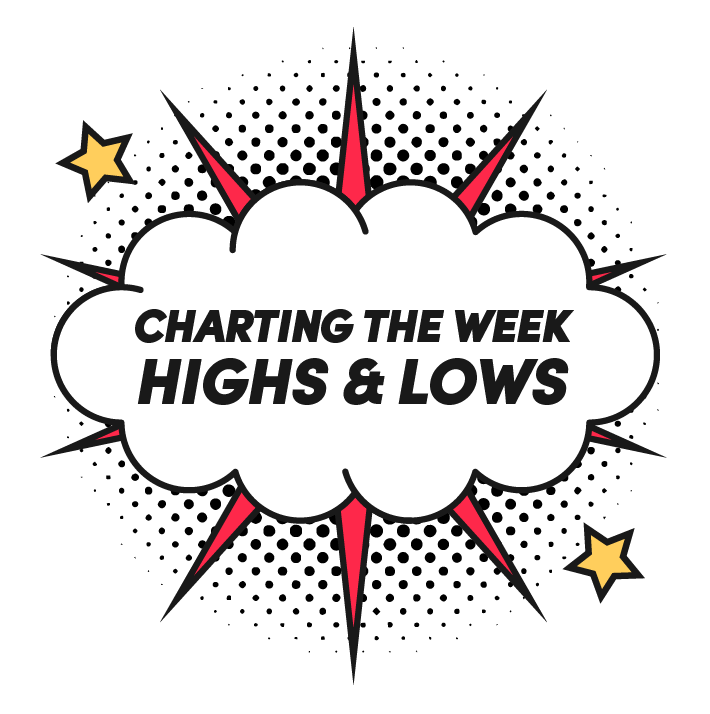
High: Women on boards
The proportion of women occupying board roles at Britain’s largest listed companies has surpassed 40% for the first time. According to the government-backed FTSE Women Leaders Review published this week, FTSE 350 firms have reached the voluntary gender parity target three years ahead of schedule.
This figure is still some way short of reflecting the 51% female population in the UK. But the report did find that the number of male-only executive teams in the FTSE 350 is now just 10, down from 16 the year before. The UK government has declined to introduce mandatory targets for women in board positions, as the European Union has committed to.
This is progress and should not be scoffed at. It’s clear business is making a real effort to broaden diversity, with Marks & Spencer the latest to company to have a boardroom that is majority female following the appointment of Cheryl Potter as a non-executive director.
Diversity in leadership positions, across all sectors, is crucial for business growth. A range of perspectives can conjure a range of solutions to the same problems. A range of insights and experiences can offer a better understanding of customer bases, market opportunities, technology and more.
The work is not done. At leadership positions below the board, only 33.5% of the executive committee or their directs are women. But business is, finally, moving in the right direction.
Low: Lufthansa laying it on thick

An advertising campaign by the German airline Lufthansa has been banned in the UK. The Advertising Standards Authority (ASA) ruled that the company had misled consumers over the environmental impact of its flights.
Lufthansa published an image of the front of one of its planes alongside a zoomed-out picture of the Earth, with a strapline reading: “Connecting the world. Protecting its future.”
The ad also featured a link to its Make Change Fly environmental campaign website, which details the company’s strategies around fuel efficiencies. Lufthansa claimed that the ad was “open to interpretation” and denied that consumers would view it as an “absolute promise” relating to its carbon footprint.
While ASA accepted that Lufthansa may well have plans in place for mitigating climate change, it said it was wrong for the company to give an impression that choosing to fly with Lufthansa was somehow a proactive step towards doing so.
Lufhansa thus joins a long line of companies guilty of the ‘sadvertising’ trend, where people’s anxieties are exploited with a view to making a sale. Businesses may want to show off their green credentials, but they must make sure they are rooted in facts.
Chart of the week: Salesforce goes for gains
Salesforce, which makes CRM software and owns messaging app Slack, posted better-than-expected quarterly results on Wednesday. Its revenue hit $8.4bn but it recorded $98m in net losses, significantly more than last year. The company’s shares surged 15% on the news, following months of decline.
Salesforce is under pressure from activist investors such as Elliott Advisors, who questioned its ability to hit a target $50bn in annual revenue by 2026.
CEO Marc Benioff has made several major concessions to the investors, including appointing activist-nominated directors to the board and cutting 8,000 workers (10% of its global workforce). An aggressive M&A strategy, which had included the acquisition of work messaging app Slack for $28bn in 2020, will also be dropped.
“Profitability is truly our number one strategy,” Benioff said yesterday in a heel-turn from his long-held strategy of focusing on growth at all costs.
It’s a sign of the scrutiny even the most successful big tech companies are coming under amid economic uncertainty. Salesforce used to be known for its star-studded annual conference, Dreamforce, and owning San Francisco’s tallest, most expensive building. But all that excess could be a thing of the past as the tech sector tightens its belt.

High: Women on boards
The proportion of women occupying board roles at Britain’s largest listed companies has surpassed 40% for the first time. According to the government-backed FTSE Women Leaders Review published this week, FTSE 350 firms have reached the voluntary gender parity target three years ahead of schedule.
This figure is still some way short of reflecting the 51% female population in the UK. But the report did find that the number of male-only executive teams in the FTSE 350 is now just 10, down from 16 the year before. The UK government has declined to introduce mandatory targets for women in board positions, as the European Union has committed to.

